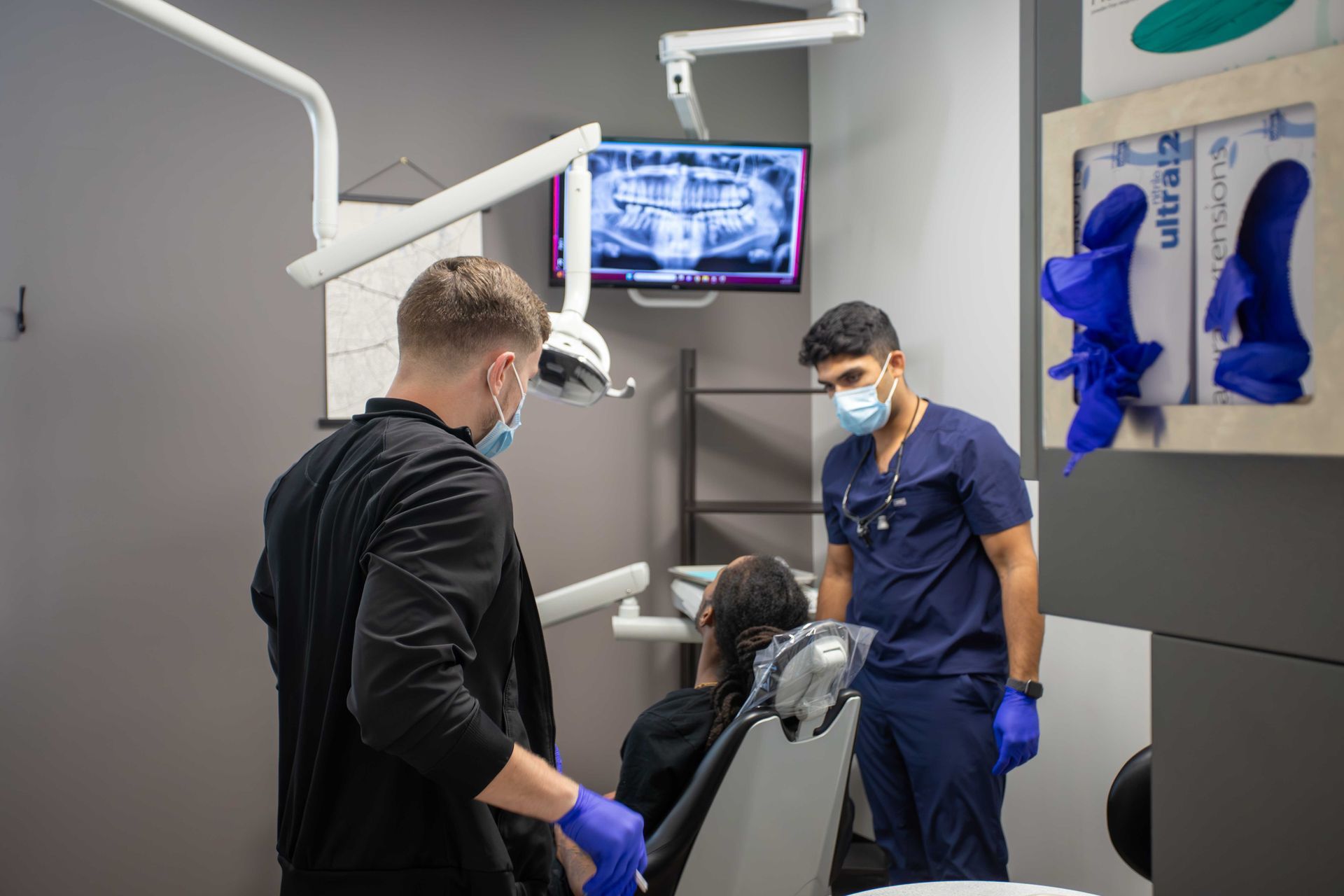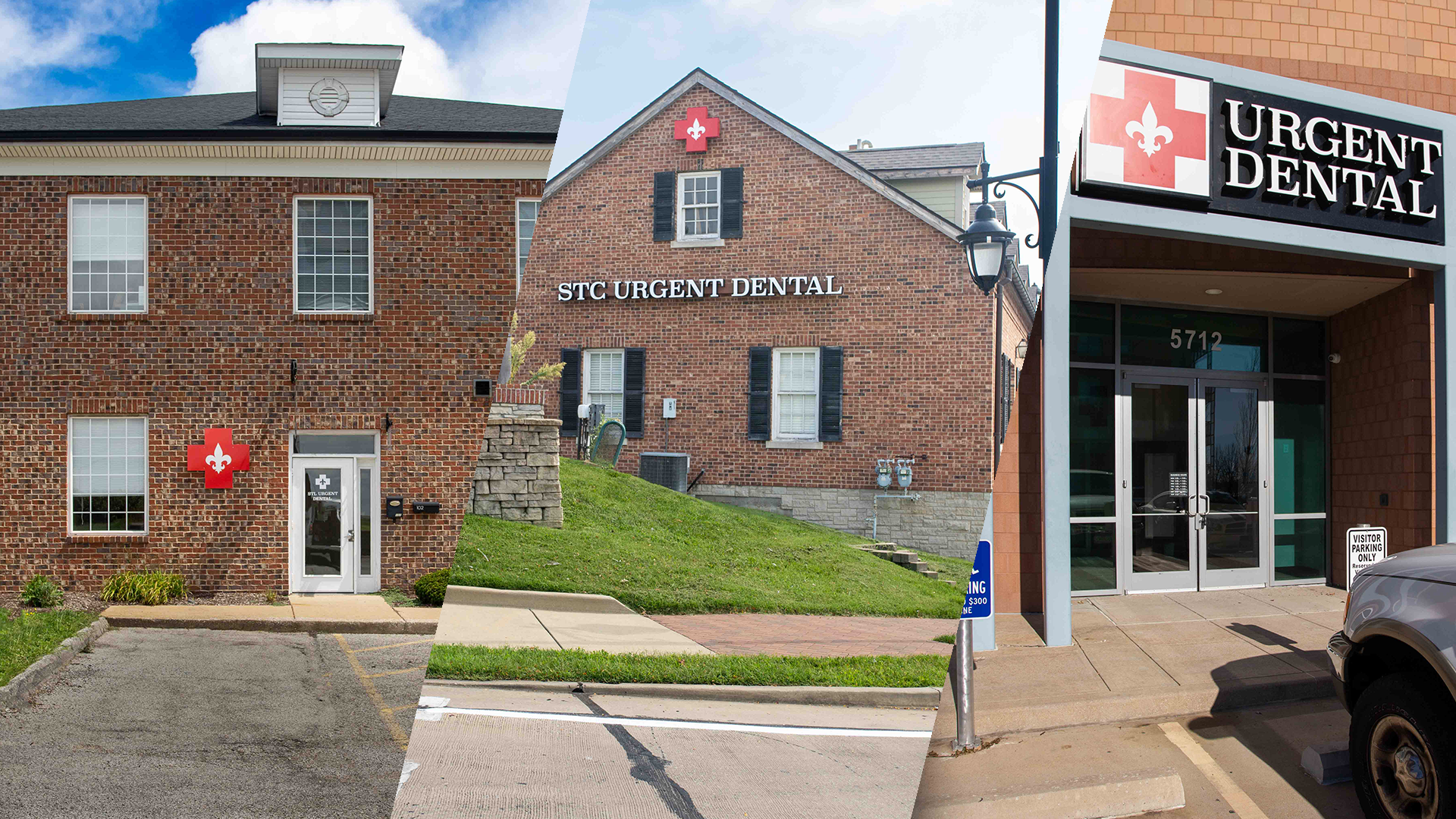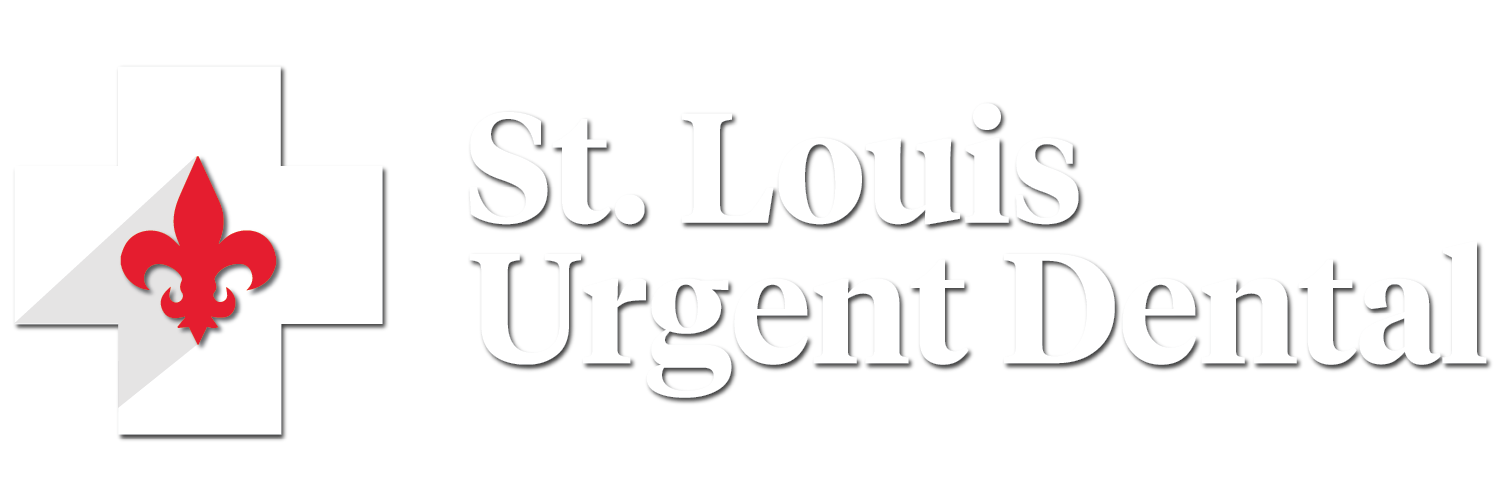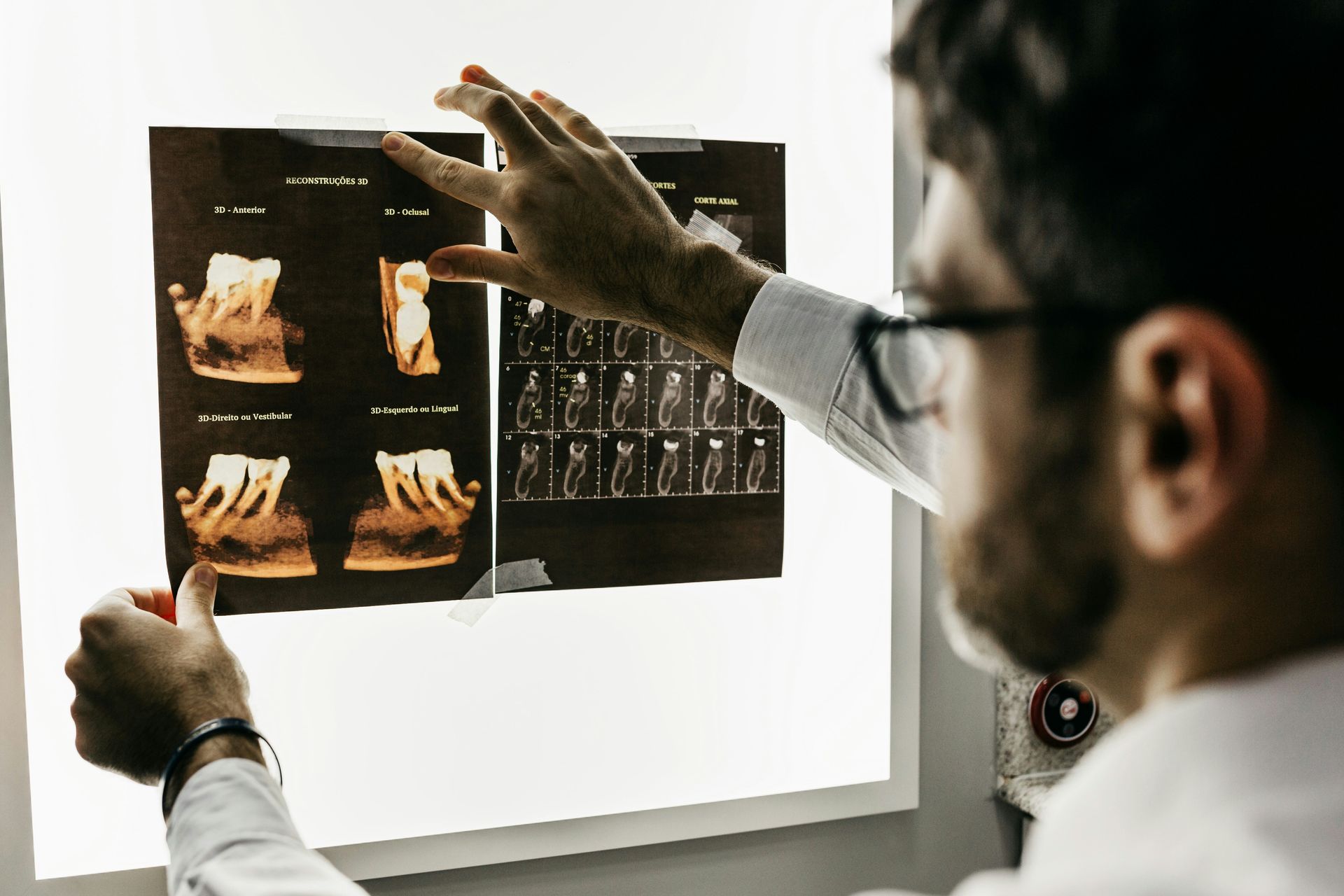Gum Disease: What It Is and How To Prevent It
Our gums are an integral part of our oral health and our smiles. While teeth themselves can often be an indicator of dental issues, the gums also provide essential insights. Periodontitis is a gum infection that can damage the soft tissue around our teeth. Unfortunately, gum disease is relatively common and can lead to further oral health issues. Let's look at what periodontitis is and some prevention tips.
Symptoms
Dental professionals should be able to identify any gum-related issues right away during your regular office visit. However, you can watch for symptoms independently if you suspect you have a problem. If your gums are bleeding easily, swollen, bright red, or purple, and you spit out blood when brushing your teeth, there may be cause for concern. Another sign of periodontitis can be painful chewing and your gums feeling tender when touched. If some of these symptoms appear, it's better to be safe than sorry and mention it to your dental team.
Causes
The Mayo Clinic reports several causes for periodontitis; most often, plaque is the culprit. Plaque is a film of bacteria that can form over teeth when sugars in food interact with your mouth's bacteria and stick around. A regular brushing and flossing schedule can usually keep plaque at bay. If plaque hardens under the gum line, it can form into tartar, which is trickier to remove and requires a professional. Plaque and tartar can fill in pockets between your gums and teeth and lead to irritation, swelling, and periodontitis.
Other causes can include:
- Brushing your teeth too aggressively
- Trauma to your gum tissue
- Smoking tobacco
- Oral piercings (lip & tongue)
Who is At Risk?
Anyone can develop periodontitis or have gum recession, but those over the age of 65 are most at risk. Cleveland Clinic reports that there is an increased risk for anyone who has mouth piercings, uses chewing tobacco, and has had braces or other orthodontic treatments. Hormonal changes can also play a role, so women who are pregnant or going through menopause may be at increased risk. Further, those with poor nutrition habits, especially those lacking vitamin C, are also at risk.

Prevention
A solid oral health routine is the best defense against gum disease and gum recession. If you've heard your dentist always mention brushing routines, there's a good reason: healthy brushing habits can make a huge difference. For most people, a good rule of thumb is brushing twice daily for two minutes each and flossing once daily.
Check with your dentist for specific product recommendations (toothpaste, toothbrushes, water flossing, etc.). Some dentists also recommend using an antimicrobial mouthwash twice a day. Additionally, eating a well-balanced diet and avoiding smoking or chewing tobacco help keep your gums healthy.
Most dentists recommend visiting a general dentistry practice twice yearly for teeth cleaning. That being said, if you've had gum issues in the past or are at a high risk of developing them, your dentists may recommend you visit more frequently. If you have a severe gum issue that needs help immediately, consider finding an urgent dental clinic in your area.
Treatment and Related Issues
The most common related issue to periodontitis is tooth loss. Ideally, if you can get help from a dental team early on, periodontitis can be treated before any teeth fall out. Topical antibiotics and dental bonding can help out in many cases. The most long-lasting treatment for gum recession is gum graft surgery. A periodontist does the work, and they will use a gum graft to replace missing gum tissues.
When periodontitis is left untreated, the bacteria responsible for the disease may enter the bloodstream through gum tissue. Unfortunately, this bacteria can affect other parts of the body. Periodontitis has been shown to contribute to rheumatoid arthritis, blood sugar problems in diabetes, respiratory disease, and even heart disease.

Call St. Louis Urgent Dental Today
Our St. Louis Urgent Dental team is here to help with your urgent, after-hours dental needs! We are open seven days a week (until 9:00 pm Monday-Friday). We are ready to help with dental emergencies, including root canals, crowns, socket grafting, extractions, implants, broken teeth, and more. We have our procedure pricing and other details here on our website.
Schedule an appointment, and you'll be smiling again in no time!









